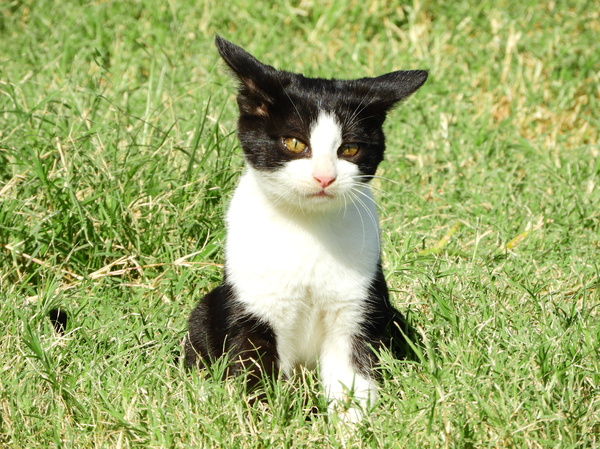Securing Your Family: Lessening Health Threats from Cat Litter Boxes
Securing Your Family: Lessening Health Threats from Cat Litter Boxes
Blog Article

Feline owners are no complete strangers to the everyday chore of digging their furry friend's litter box. It's a regular task that's frequently ignored, yet important for maintaining a clean and healthy environment for both felines and their human companions. However, what lots of pet owners might not realize is that there are covert health threats connected with the litter box that can posture risks to both human beings and felines alike. From respiratory problems to parasitic infections, the litter box can harbor a variety of risks that need careful attention and management.
One of the most typical health dangers related to the litter box is respiratory problems. Cat litter, specifically clay-based varieties, can include great dust particles that end up being airborne when disrupted throughout scooping or when felines dig in the litter. These dust particles can be breathed in by both cats and people, causing respiratory inflammation and worsening conditions such as asthma or allergies. Sometimes, prolonged direct exposure to litter dust can even cause more serious breathing issues in both felines and their owners.
To decrease respiratory threats, it's important to choose low-dust or dust-free litter choices and to scoop the litter box in a well-ventilated location. Using a dust mask while cleaning up the litter box can also help in reducing direct exposure to air-borne particles, especially for people with respiratory sensitivities.
Another significant health danger connected with the litter box is the capacity for parasitic infections, especially from Toxoplasma gondii, a typical parasite discovered in feline feces. While most healthy individuals might not experience signs if contaminated, pregnant ladies and people with weakened body immune systems are at greater danger of establishing severe complications, consisting of birth problems and neurological disorders.
To reduce the danger of parasitic infections, pregnant women must prevent cleaning up the litter box completely and delegate this task to another household member. Furthermore, all individuals must practice excellent health practices, consisting of cleaning Self Cleaning Litter Boxes hands completely after managing the litter box or coming into contact with feline feces, to lower the danger of transmission.
Numerous industrial cat litters include chemicals and ingredients that can present health dangers to both cats and people. For instance, some fragrant litters might contain fragrances or necessary oils that can aggravate sensitive respiratory systems or activate allergic responses. Furthermore, clumping litters often consist of salt bentonite, a clay material that can broaden when consumed, leading to intestinal obstructions if consumed by felines.
To lessen chemical exposure, opt natural cat litter for odorless or naturally-scented litters made from eco-friendly products such as paper, wood, or plant-based alternatives. These environment-friendly choices are not only more secure for your feline's health however also much better for the environment.
The litter box environment offers an ideal breeding place for bacteria, consisting of potentially damaging pathogens such as E. coli and Salmonella. These bacteria can contaminate the litter box and surrounding locations, increasing the risk of infection for both felines and humans. Felines can contract bacterial infections through direct contact cat litter robot with polluted litter or by consuming fecal matter throughout grooming, while people can become infected through contact with polluted surfaces or poorly washed hands.
To minimize the risk of bacterial contamination, it's vital to clean the litter box frequently using warm water and mild detergent, along with to disinfect the surrounding area to avoid the spread of bacteria. Furthermore, practicing excellent hand hygiene, consisting of cleaning hands thoroughly after dealing with the litter box or entering into contact with cat feces, can assist minimize the threat of bacterial transmission.
While the litter box may appear like a mundane element of feline ownership, it's necessary to acknowledge the potential health dangers related to this seemingly innocuous component. From respiratory concerns to parasitic infections and bacterial contamination, the litter box can harbor a variety of dangers that need careful attention and management. By taking proactive steps to decrease exposure to these dangers, feline owners can create a much safer and much healthier environment for both their feline buddies and themselves.